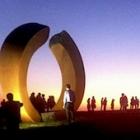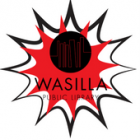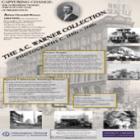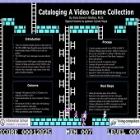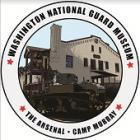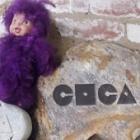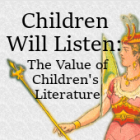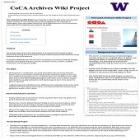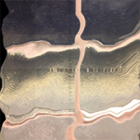
Audio Archiving for Music Producer, Randall Dunn
This ambitious project involved cataloging, organizing, and enriching metadata for the content of dozens of hard drives spanning the nineteen-year career of esteemed record producer, and musician, Randall Dunn. Additionally, a digital preservation plan was developed and updated according to OAIS standards as a means of making formal recommendations for further preservation actions.

